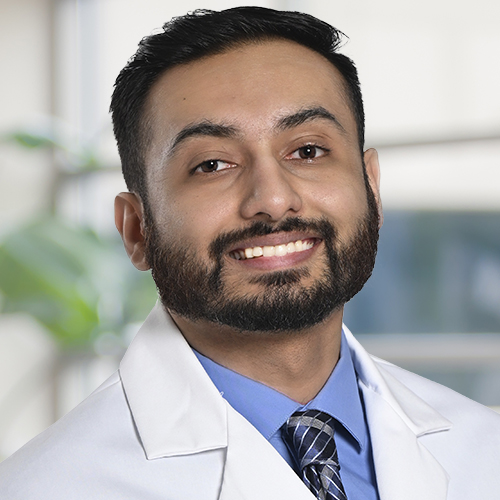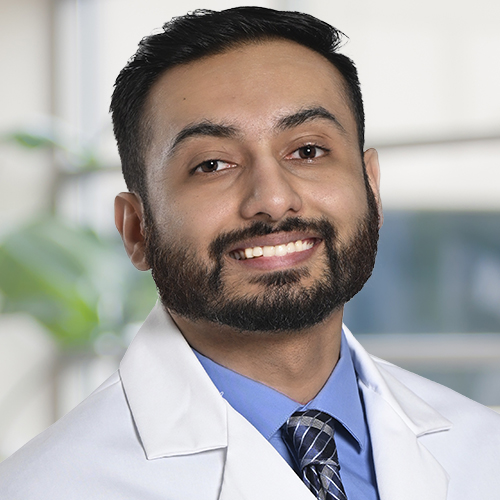Gender-Affirming Care: Expert Treatment for Gender Dysphoria
December 3, 2024Among individuals who feel uncomfortable in their “assigned” gender, also known as gender dysphoria, gender-affirming care can make a world of difference. While this care has received a lot of attention lately as being a new phenomenon, it’s been in existence for some time.
Dr. Ashraf Uddin, endocrinologist with Riverside Medical Group Endocrinology Specialists, shares helpful information about gender-affirming care and who might benefit from it.

What Exactly Is Gender-Affirming Care?
In simple terms, gender-affirming care is treatment that helps a person match the internal gender they experience with their external one. Dr. Uddin clarifies that this is not limited to only transgender individuals. It can also help people who are non-binary, gender fluid, and even cisgender people who are dealing with something like low testosterone.
Dr. Uddin also wants to address key misconceptions surrounding gender-affirming care. One, as mentioned, is that it is a relatively new treatment. “It's just a matter of the access to care increasing in more recent times as we become more progressive, more open, more understanding to different sorts of lifestyles, as well as different sorts of gender identities,” he states.
Another misconception surrounds the safety of gender-affirming care. In fact, its benefits outweigh the risks because it is a treatment that lowers risk of death. “Suicide rates are very high in patients with gender dysphoria. How many people do we know who are going through depression and other mental health disorders, and we wish we could do something to fix that. In this set of patients, we are able to do that,” shares Dr. Uddin.
And a third misconception is that this population is growing. While that is true to some extent, it’s more about growing recognition that gender dysphoria exists. “It's very similar to how back in the day we used to say it was bad to be left-handed,” he adds. “Well now, we have a ton of people ever since saying, ‘I’m left-handed.’”
Seeking Out Gender-Affirming Care: Key Steps
If someone is wrestling with gender dysphoria, a good first step is to speak to a healthcare professional. There are some conditions that can mimic dysphoria, such as body dysmorphia. But, most of the time it is pretty clear-cut that a person is experiencing gender dysphoria or is transgender.
“I think it's something that most patients come to the conclusion on their own, at least historically, because they haven't had access to care or understanding of care. But, there is a newer group of young patients who are finding out they may or may not have this condition. In that situation, the guidance of a doctor will help,” urges Dr. Uddin.
Not everybody needs hormone replacement therapy (HRT) or something like surgery. So, it’s important to find a professional who understands the intricacies of gender-affirming care and can advise the most appropriate path of treatment. A primary care provider can offer a referral to the endocrinology clinic. Dr. Uddin assures that a person is often able to start some sort of treatment, such as HRT, within a few months of the initial visit.
“When we see a patient, we try to identify the main things causing the sense of dysphoria. Then, we identify what we can manage and see what gets better with either hormone replacement therapy or seeing mental health providers, finding somebody to help you with the legal name change processes, speech therapy, et cetera. We try to delegate the appropriate actions we can't manage with other individuals in our system, as well as professionals outside our system.”
Above all, Dr. Uddin wants those seeking to explore gender-affirming care to know they are not alone on the journey. There are professionals like himself with both the expertise and understanding who can help.
“I'll be happy to help you guide your way through this. And I'd be honored to help you through this path of self-discovery. We're thrilled to bring this service to the community. And that's unique. I encourage anyone to seek it out.” Click here for more information about Riverside's Endocrinology services.



